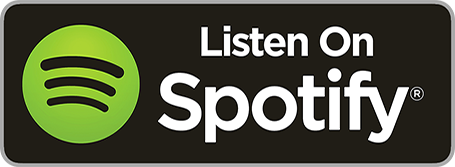Promoting awareness is never easy–especially when you're talking to an uninformed and sometimes resistant public. Despite the difficulty, Matt Hough has been instrumental in galvanizing support for wetlands in Kansas leading to conservation efforts totaling approximately 78,000 wetlands acres in just 11 years.
In this miniseries, ELI’s Georgia Ray sits down with each of the 2023 National Wetlands Awardees.
In this miniseries, ELI’s Georgia Ray sits down with each of the 2023 National Wetlands Awardees.


